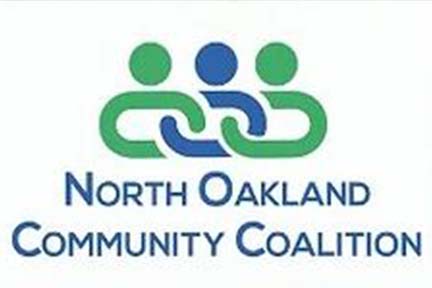|
Press Release
FOR IMMEDIATE RELEASE: August 22, 2024
CONTACT: Lynn Sutfin, 517-241-2112, [email protected]
Record number of Michigan hospitals pursue Maternal Levels
of Care verification and receive health quality payment
LANSING, Mich. – Fifty three Michigan hospitals have met the highest benchmarks for maternal health services and applied for the Maternal Levels of Care (MLC) verification through The Joint Commission, announced the Michigan Department of Health and Human Services today. Michigan has had more hospitals apply for verification than any other state, demonstrating the commitment to high-quality maternal health care.
MLC verification is a comprehensive verification process, developed in collaboration with the American College of Obstetricians and Gynecologists (ACOG), to ensure hospitals meet rigorous standards for the care of pregnant and postpartum patients. This includes readiness, capability and effectiveness in identifying and managing complex maternal conditions, which may include transferring patients to a more appropriate care level as needed.
“The successful launch of the Maternal Levels of Care Verification Program in Michigan is a testament to our commitment to excellence and a significant step forward in advancing maternal health,” said Elizabeth Hertel, MDHHS director. “Success can be achieved when we align efforts, form true partnerships and invest in maternal and infant health to improve outcomes for parents.”
In April 2024, MDHHS announced it would begin providing quality payments to birthing hospitals fully participating in the Michigan Alliance for Innovation on Maternal Health (MI AIM) and for applying for MLC verification. Payments are based on the number of Medicaid-covered births and each hospital’s maternal morbidity rate. These payments support the continuation of maternal quality initiatives in hospitals and their associated implementation costs. The quality payments are funded by $9 million in Michigan’s state budget dedicated to investing in maternal health improvement efforts.
“We applaud each of the hospitals and their birthing teams for the time and effort they spent over recent weeks to complete the application process,” said Brian Peters, Michigan Health & Hospital Association CEO. “This work signifies the dedication Michigan birthing hospitals have toward providing high quality and safe care to Michigan mothers and babies.”
“The Joint Commission commends the state of Michigan, the Michigan Health & Hospital Association, and Michigan hospitals for their commitment to excellence in maternal and neonatal care,” said Dr. Jonathan B. Perlin, president and CEO of The Joint Commission and Joint Commission International. “We look forward to working closely with Michigan hospitals to provide support and validation of their maternal capabilities and policies for formal level of maternal care determination.”
Supporting MLC Verification is one part of MDHHS’ broader initiative to address and improve maternal health disparities and outcomes. Last month, the Detroit Medical Center became the first hospital system in the state to complete applications for MLC verification. These efforts align with national strategies to strengthen maternal care systems.
“As the country takes steps to reduce the unacceptably high rates of maternal mortality, ACOG applauds the Michigan hospitals that are aiming to make birth safer in their state by applying for MLC Verification,” said Dr. Christopher Zahn, ACOG Chief of Clinical Practice and Health Equity and Quality. “MLC Verification is beneficial to hospitals, clinicians and patients by helping hospitals identify and fill gaps in capabilities and personnel to ensure pregnant and postpartum individuals receive risk-appropriate maternal care. The state, MHA and ACOG member OB-GYNs in Michigan have done a tremendous job working together to support this effort and I am hopeful it will lead to a rapid expansion of MLC Verification in Michigan and beyond.”
Birthing hospitals wishing to learn more about MLC Verification can visit the MHA’s Maternal Levels of Care webpage. |













